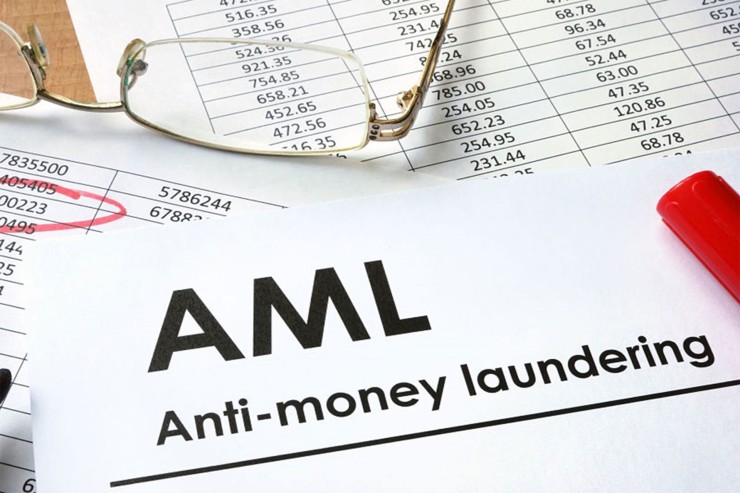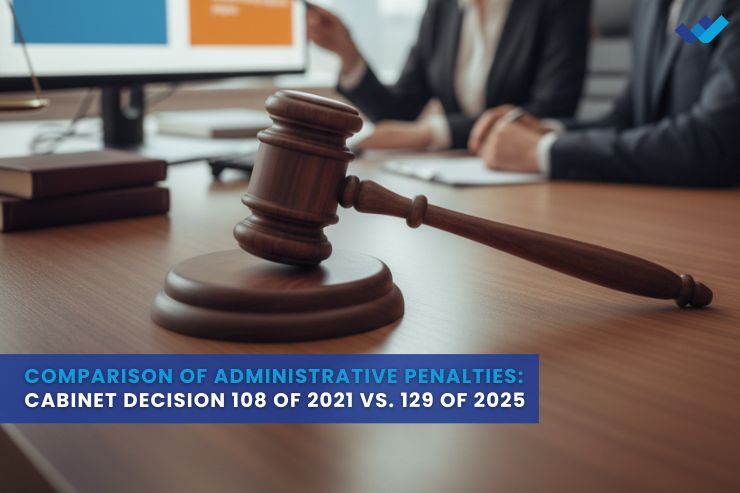blog
- Home
- blog
Are you looking to grow your business?
Trusted us by over 3,000 local businesses
Important AML notes to keep in your pocket
Incorporating a company in the United Arab Emirates (UAE) can offer several benefits to businesses. Here are some of the key benefits of incorporating a company in the UAE:

AML legislation:
The UAE has enacted AML legislation to combat money laundering and terrorist financing. The AML laws apply to all financial institutions, including banks, money exchange houses, and insurance companies.
Know Your Customer (KYC):
Financial institutions in the UAE are required to implement robust KYC procedures to verify the identity of their customers and ensure that their funds are not being used for illegal purposes.
Suspicious Transaction Reporting:
Financial institutions in the UAE are required to report any suspicious transactions to the Financial Intelligence Unit (FIU) of the UAE Central Bank. The FIU investigates these reports and shares the information with law enforcement agencies.
Sanctions Compliance:
The UAE has implemented sanctions regimes to comply with international sanctions. Financial institutions are required to conduct due diligence on their customers to ensure compliance with the sanction’s regulations.
AML Compliance Training:
Financial institutions in the UAE are required to train their employees on AML compliance and provide regular updates on the latest AML regulations and procedures.
It is important for businesses operating in the UAE to understand their AML obligations and implement robust compliance procedures to avoid penalties and reputational damage. Seeking the advice of a legal or compliance professional can help businesses navigate the complexities of AML regulations and ensure compliance.
Please get in touch with
Mr. Samir PM
+971 50 3636231
How can we help you?
Get in touch with Hussain Al Shemsi Chartered Accountants for expert auditing, accounting, tax, and advisory services in the UAE.
- +971 50 3636231



